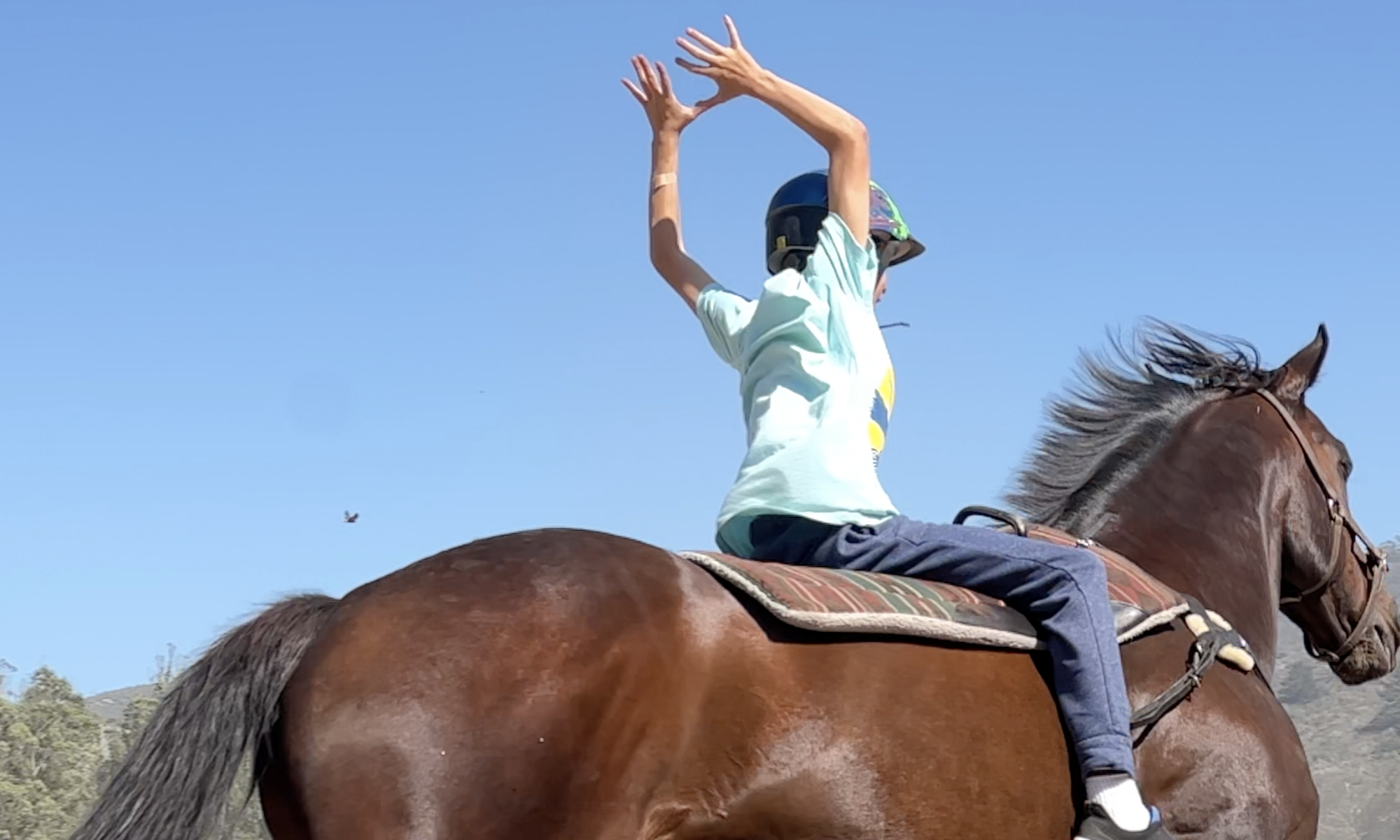Bringing the Xmas Stoke – QuirkyXmas
“Turn your words into truth and then turn that truth into love“ AS by Stevie Wonder
Saturday, Dec 20, our second annual QuirkyXmas went off at Santa’s Tree Farm in Half Moon Bay. 570+ people pre-registered
Square Peg Foundation was responding to a need we saw in the community for autism families to be able to enjoy a holiday event laden with the spirit of the season. But in the spirit of Square Peg, we wanted FUN and INCLUSION to be our central themes. Our goal is for families to be able to choose their own experience and to have those choices honored with generosity and service. No lines, no judgement, no reaching into your pocket for money, no worries, no agenda.
Just fun and play – what surfers the world over call “The Stoke.”
An offshore warmness wrapped the Christmas tree farm like a hug and the rain held off.
Families wandered in – no official door – no agenda – no requirements – no handouts – just generous offerings and the Stoke. What families observed was staff in silly pajamas, firemen welcoming them, people visiting, people hugging, people laughing, dogs on leashes, silly decorations– and music everywhere.
“Would you like a train ride? A hot dog? How about face painting? Santa is here if you’d like to visit. Would you like to dance or maybe hop in the firetruck and ring the brass bell?”
Santa was played by a young man with autism. The musicians – all autistic. The food – free. Just the spirit of generosity everywhere. No lines, no gifts. Just play and care. Look for stars hidden all over the 70 acre farm and redeem them for a sticker of your choice.
Entire families showed up in their pajamas. Silly and lighthearted.
Ride the train – again and again if you like. Visit the quiet sensory room and stay as long as you need to. Bobby the train conductor says QuirkyXmas is the only day where everyone on the train is smiling all the time.
The fireman brought their engine and their enthusiasm. One young man climbed into the truck and refused to leave. Rather than panic or try to make him leave, they brought his mom a hotdog. He stayed in the engine for hours and peacefully left at the end of the event.
The Firemen told us that last year they talked about the event for months and that this year, they noticed that it wasn’t just the kids that were smiling, this year, even the parents were smiling. They couldn’t imagine that the event could be better– but it was.
The Dream Achievers band played Uptown, Funk, Gangnam Style -fun and funky hits as well as Christmas staples. Nick Guzman sang originals and folk favorites. Dancing was the order of the day.
Those who know me well know that Christmas is not my favorite holiday. Short days are hard on my psyche and the commercialization of the season bores and frustrates me. But Square Peg brought The Stoke yesterday. We lived up to our values. We walked our talk about celebrating, about serving with dignity, about the healing power of laughter and play.
Towards the end of the event, some people stopped me, two young couples, one with a baby. They were at the Christmas tree farm to buy a tree.
“Excuse me? Can you tell us what’s happening here?“
“It’s QuirkyXmas a celebration of Neurodiversity.
Come hear the band and have a hotdog !“ I answered.
They did.
QuirkyXmas – it’s a thing.
Special thanks goes to Chaos Co-ordinator Joe McIntyre for the herculean task or organizing
Other thanks go to Santa’s Christmas Tree Farm for hosting the event, San Francisco Autism Society , Bodas Construction , Sam’s Chowder House , Mezza Luna , Brush Hog Tree Care Inc. , Allcove , Coast Pride , Meadowcroft Winery, Ocean Element and TomKat Education Foundation . Thank you to our musicians Dream Achiever Band and Nick Guzman. Our friends at Flamin’ Dogs brought their food and their care (you just gotta go and visit their deli in Redwood City).
A special thank you goes out to the Kenaston Family for their donation in honor of Renate Kenaston who passed earlier this year. Godspeed Omi, we hope we made you proud.











